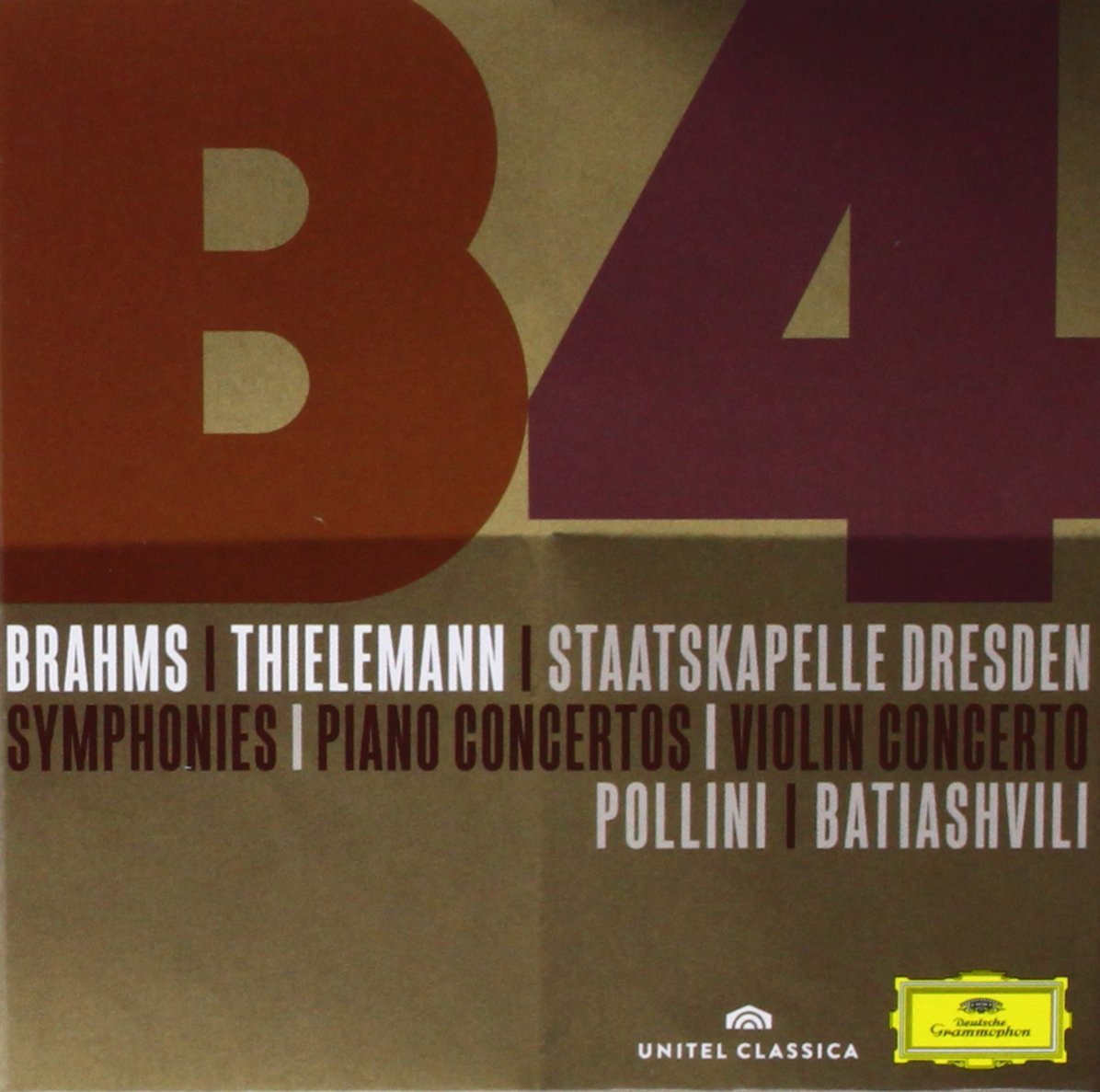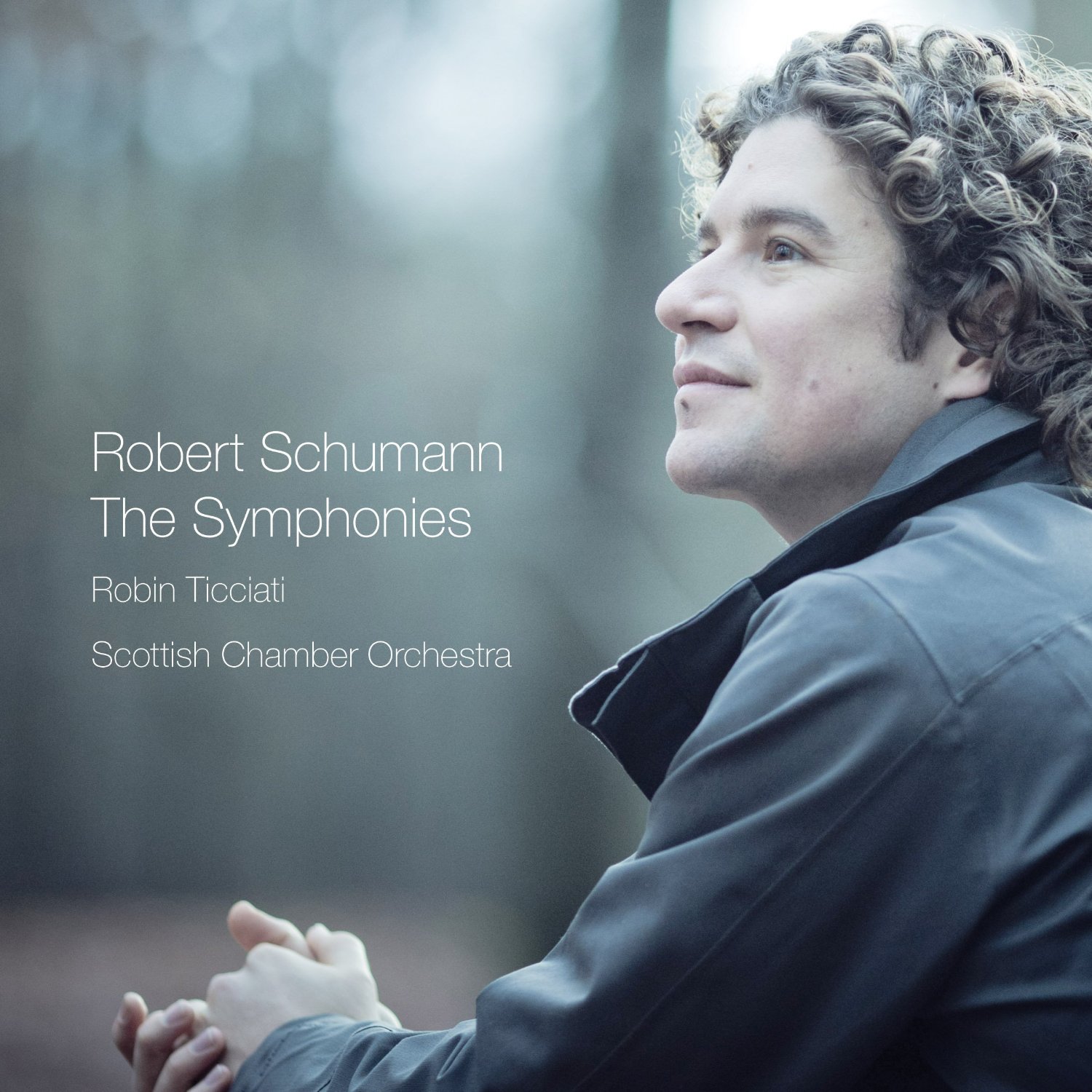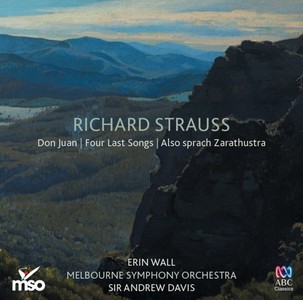
Another nicely packaged, reasonably priced Brahms box hits the shelves. DVDs of these symphony performances have already been issued, but the concertos (now contained here on a single DVD), have previously appeared on CD. All a bit irritating – why couldn't DG have stuck to the same format for the whole lot? Carping aside, these are extremely enjoyable, cogent readings. Riccardo Chailly's recent Leipzig Brahms cycle fully deserved its praise and now we've another venerable East German orchestra tackling the same repertoire. Each ensemble makes a glorious sound; Chailly has more assertive, secure brass but Thielemann's solo winds are more individual. Both orchestras' string sections are beyond reproach, but where Chailly seeks to open up and clarify the textures, Thielemann's Dresden strings are weighty and dark-toned. I can happily live with both approaches, and Thielemann's unapologetically retro style brings many pleasures. Neither will break the bank, so buy both.
Thielemann is especially good at exploring Brahms's darker ruminations; the dark introduction to Symphony no 1's Finale is well-judged and there's a melting horn solo. Equally good is Symphony no 2's sombre slow movement, the orchestra's veiled, husky sonorities offering some comfort, meaning that when the clouds lift the effect is electrifying, and the same work's brassy close really hits home. No 3's tricky opening is well-judged, and Thielemann's brooding account of no 4 is among the best recent recordings, the finale's scorching coda packing a huge punch. And the rest? The overtures are enjoyable, particularly the Academic Festival, and Maurizio Pollini gives us powerful accounts of the two very different piano concertos, the D minor work especially successful. Lisa Batiashvili's Violin Concerto is muscular and assertive, complete with the rarely-heard Busoni cadenza. A winner.
Another new set of Schumann symphonies. The Scottish Chamber Orchestra's playing is magnificent, and Linn's recorded sound is impeccable. Robin Ticciati's 32 tutti strings play with minimal vibrato but plenty of muscle, and their clarity is refreshing. When this set works, it's astonishingly good, especially in vibrant performances of Symphonies 1 and 2. The brass fanfare which kicks off no 1 is weighty and sonorous, but the Allegro molto vivace is bouncy and effervescent. The Larghetto is expansive but well-sustained, and there's a featherlight last movement. No 2's slow introduction moves us from serenity to high anxiety in barely three minutes, and Ticciati sculpts it with complete confidence. He takes the Adagio espressivo daringly slowly, but the Allegro molto vivace is a joy, Matthew Hardy's impeccably tuned timpani adding so much to the final bars.
However, Symphonies 3 and 4 don't come off so well. They're expansive, romantic works, and I found myself missing the weight of a full string section. There are wonderful things here – the SCO's trombones make a glorious noise in No 3's austere slow movement, and the horns shine. But Ticciati isn't always content to let the music flow as it should; the finale is marred by several instances of fussy phrasing, and the movement almost derails. Similar issues mar no 4, played here in its 1851 revision. The transition leading to the finale is wonderful, but the D major apotheosis doesn't quite convince, and the textures occasionally sound muddy and diffuse. But the first two symphonies make this a mandatory purchase

Not everything was better in the past. Attempting to listen to Richard Strauss's Also Sprach Zarathustra in the analogue era would invariably lead to disappointment and ear damage. The opening bass rumble wasn't designed for crackly LPs, and you'd usually turn up the volume in frustration before the sonic assault of one of Strauss's loudest tuttis. This piece was designed for CD. And this live recording from Melbourne is sumptious; pure-toned trumpets heralding Strauss's dawn with impressive assurance, the blazing organ chord nicely blended. Sir Andrew Davis knits the work together with deft assurance, each transition seamlessly managed. He's also alert to the music's darker corners; The Song of the Grave is a chiller, and the ambiguous coda benefits from perfectly tuned winds. But don't be tempted to turn up the volume at this point; ABC Classics have, understandably, retained the rapturous audience applause, and its eruption may shock the unprepared.
This compilation takes us neatly through Strauss's compositional career; his precocious tone poem Don Juan erupts with arrogance and energy in Davis's hands. How refreshing to hear the Melbourne cellos and basses digging into the bass line of the opening flourish with such earthy vigour, and the brass playing is flawless. Effective too is the slightly extended pause just before the gloomy coda, where you won't dare to breathe. Inevitably we get the Four Last Songs to represent Strauss's late period. They're sung here with creamy assurance by the young Canadian soprano Erin Wall. Davis's operatic strengths really tell; the accompaniment is rich, full-bodied but never overwhelms the vocal line. A remarkable disc, and stunningly recorded too.















Add comment